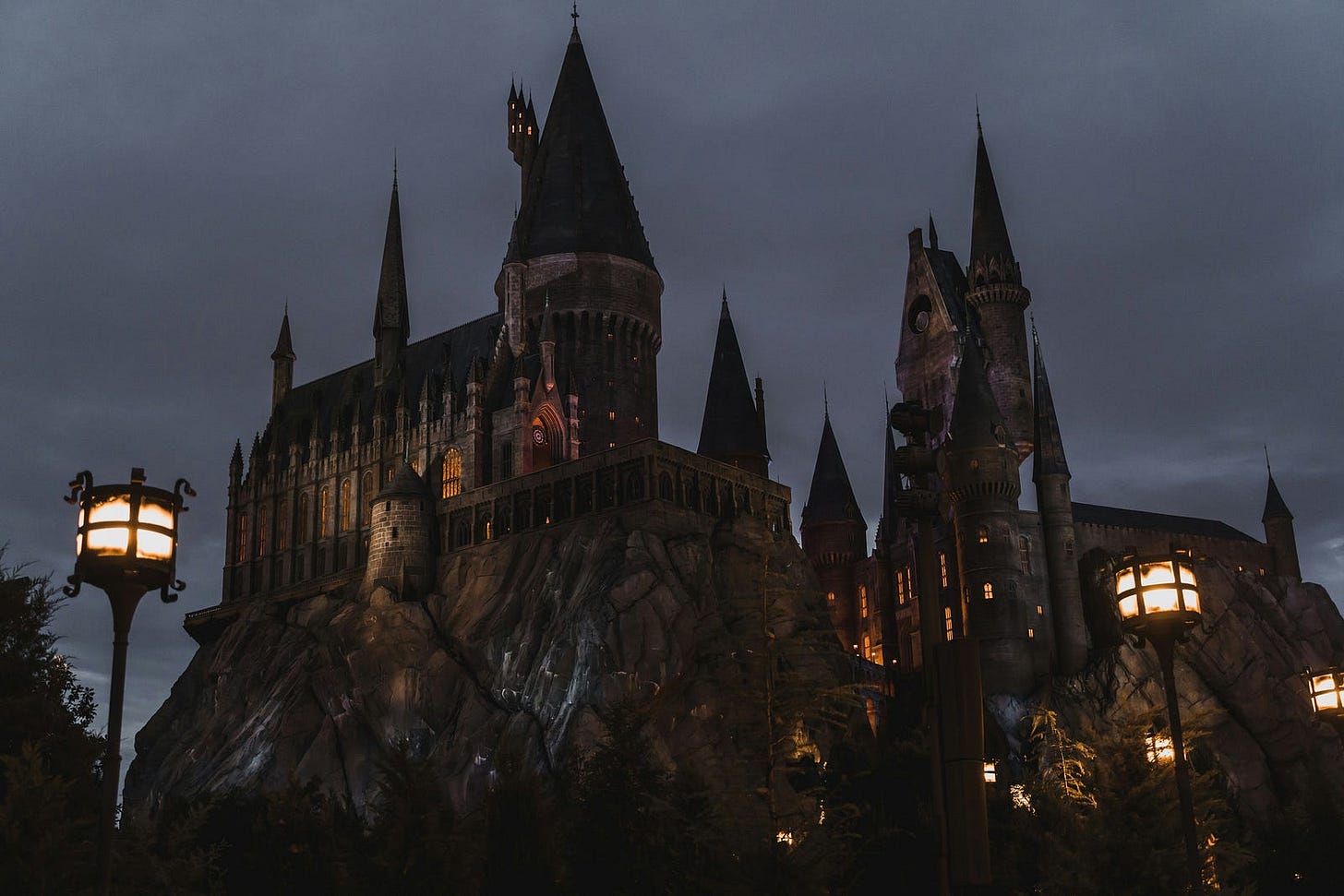
When virtue signals flash like the neon lights of Vegas, it can sometimes slip through the cracks that artists are people, too. They lurk among us, in gyms, coffee shops, and dark alleyways. They vary in form. From notorious transphobes and Twitter creeps to wife beaters and racists, the artist is rarely a perfect specime…
Keep reading with a 7-day free trial
Subscribe to The Gen Z Report to keep reading this post and get 7 days of free access to the full post archives.

